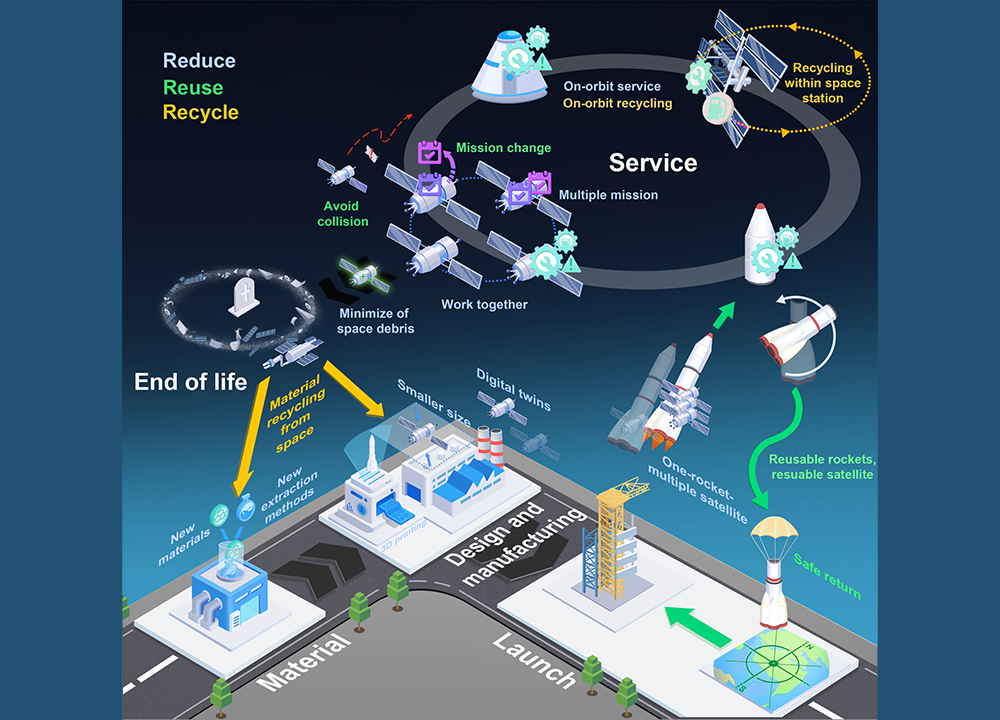I know many of this blog’s readers directly and indirectly are involved in work on fuel cells, so presumably everyone will be glad to see that the DOE just posted a solicitation for applications for up to $74 million in fuel cell (high temp systems like SOFCs and also PEM) grants, including $65 million for R&D on such things as catalysts, membranes and balance-of-plant components (blowers, humidifiers, sensors, etc.). $9 million is also set aside for more economic-oriented proposals to dig deeper into the cost structures and effective progress of DOE’s Fuel Cell Technologies research initiatives.
I should mention that I have to assume that this funding is not from Recovery Act funds (since the ARRA is not directly mentioned in the DOE’s announcement and the agency warns that the $74 million is subject to the appropriations whims of Congress).
In regard to high temperature stack components, the DOE says:
“DOE is seeking research to improve performance and reduce cost of high temperature fuel cells, including molten carbonate fuel cells (MCFC), phosphoric acid fuel cells (PAFC), small scale (≤ 10kW) solid oxide fuel cells (SOFC), polybenzimidazole (PBI) -phosphoric acid, other polymer-phosphoric acid, and similar temperature range fuel cells through development of better stack components.”
The agency warns, however, that “SOFC activities that are similar to work being performed under DOE’s Solid State Energy Conversion Alliance (SECA) Program” would not be entertained.
The DOE specifically mentions its interest in “light duty vehicles, forklifts, buses and stationary power plants, as well as hydrogen storage systems” and “life cycle cost analyses for different manufacturing volumes.”
The DOE has recently been in putting out feelers regarding support for molten carbonate and phosphoric acid fuel cells.
The solicitation also includes funding for “Innovative Concepts”:
“Areas of research interest include but are not limited to: low-cost, durable materials, components, or subsystems suitable for longer-term use in the fuel cell system environment. Stationary, automotive, and portable applications are acceptable. Possible areas of interest include alkaline fuel cells, liquid-fueled (non-hydrogen) fuel cells, and regenerative or reversible fuel cells.”
The deadline for the R&D funding is March 3, 2011. The deadline for the cost analyses is earlier: Feb. 18, 2011. DOE has posted instructions and requirements online.
CTT Categories
- Energy
- Market Insights
Related Posts
‘Fairy circles’ may help mark natural underground hydrogen deposits
September 18, 2025

